7 Of The Most Common Misconceptions About Sharks

Mention the word “shark” and many people will respond with fear and disgust. No thanks to the many misconceptions about sharks usually fueled by stereotypes and exaggerated stories.
As a result of this fear, myths and hatred, it’s not uncommon to hear sharks referred to as “monster fish” in many cultures. That’s because they are widely regarded as dangerous killers that will attack and eat any living thing that comes near them.
The fact remains that sharks are an important part of the marine ecosystem, whether humans believe it or not.
Apart from very few isolated cases, sharks are not the villain here; it appears humans have taken over that role with ease. We are killing sharks and plucking them out of the oceans faster than they can ever hope to reproduce and replenish their population even in decades to come. No doubt about it sharks are disappearing in their millions. Research figures based on the continuous demand for authentic shark-related products, meat, and meals like the infamous shark fin soup indicates that many species have dwindled by up to 97 percent in recent years! Some species have not even been sighted since the 1970s.
Maybe by learning the truth, more people will move to protect these fish.
Here are 7 common misconceptions about sharks that have fueled the over-exploitation and hatred for these fascinating and diverse creatures:
1. Sharks Don’t Get Cancer
This sounds harmless enough doesn’t it? But not when you consider the fact that because of this myth alone, sharks are now been hunted and killed to harvest their cartilage for the production of cancer fighting medicines and supplements.
However, it’s a known fact for over 150 years now that sharks can, and do, get cancer. In fact, researchers in Australia realized that sharks can develop tumors after they found a great white shark with a sizable tumor on its mouth. This is one of the most common misconceptions about sharks and it came about because sharks don’t get cancer as much as people or other animals. Apparently, there is a compound in shark cartilage that can inhibit angiogenin. The result is that there is restricted blood flow to the tumor and the tumor will not grow.
So far, efforts to harvest this compound and use it to treat cancer in humans have not produced positive or conclusive results.
2. Sharks Are Blood-Thirsty, Man-Eating Animals
Sharks are wild animals and they can be dangerous. There have been incidents of shark attacks that led to human fatalities. Yes. But sharks kill less than five people each year, while humans kill millions of sharks each year. There are nearly 500 different species of sharks in the earth’s oceans, but just about a dozen species are known to be potentially dangerous to humans.
Comparing to dying in a shark attack, you stand a greater risk of being killed by lightning, dying from stroke or heart disease, or even a car accident.
The popular notion that sharks seek out and deliberately attack humans is simply untrue. Most times, such attacks are the result of mistaken identity. Sharks are known to investigate any potential food source and of course they will use their teeth to do that. Considering the very sharp teeth of some species, such bites may result in death. For a shark to attack and completely eat a human being is extremely rare.

In essence, sharks are not man-eaters by default.
3. Sharks Live In The Ocean They Aren’t Important To Me
As apex predators, sharks play a critical role in marine communities. As a matter of fact, they help to maintain the delicate and sensitive balance of marine life. They are at the top of the food chain and help to regulate other sea animal populations, if not, there will quickly be an imbalance. This kind of imbalance is particularly noticeable in coral reefs.
Sharks also feed on old, sick and weak prey, preserving healthier fish populations many of which are necessary as seafood for humans.
4. Sharks Have To Keep Swimming To Survive
Sharks get oxygen through the water that passes over their gills rather than their noses. They don’t have lungs like human beings so oxygen is circulated directly into their bloodstream. It appears different species of sharks have been able to manage their breathing technique using different methods.
Species like the Caribbean reef sharks, use a method where they find a place with a strong current, such as an underwater cave. They’ll then rest there for a while and let the fast flowing water move over their gills. This type of breathing is called “ram ventilation.”
The slow swimmers like the wobbegongs and nurse sharks, use their cheeks to breathe in a process called “buccal breathing.” They do this by holding some quantity of water in their cheeks and pumping it slowly over their gills. Therefore, they can rest for a while without swimming.
The species that actually need to keep moving are in the minority and they include the great white shark.
5. All Sharks Are Big Sea Monsters With Terrifying Sharp Teeth
Sharks are so varied in appearance and build that it’s erroneous to try and classify them in such simple terms like “big” and “terrifying.” For instance, the crocodile shark is slender and grows to just about 100cm (3.3 feet) but it will bite you painfully if you handle it. On the other hand, the whale shark is the second largest fish in the sea with a “terrifying” size of up to 12.65 meters (41.5 feet), and more, but it’s a favorite among divers and oceangoers for its friendly and docile disposition. Even the massive basking shark has very tiny teeth that it doesn’t use to feed.

Forget what you’ve seen in the movies. Sharks are not all large, fast, mean, and frightening. Many small species abound like the 20 cm (8 inch) deepwater dogfish. Other sharks like the Zebra shark are considered as some of the least dangerous species around.
6. Sharks Are Tough, They Can’t Be Hurt.
Since sharks are such terrible “sea monsters” they can’t be hurt, right? Not true.
The onslaught against sharks is so much and it comes mainly from human activities:
– Sharks are frequently caught as bycatch after being entangled in fishing nets, trawl nets, and baiting lines. By the time many of these sharks are discovered and released, they are already dead.
– Fishermen still catch tons of sharks and slice off their fins and throw the still-living fish back into the water to die slowly. This act is illegal in many countries and is called Shark Finning. The fins are used to prepare shark fin soup.
– Shark populations have little to no chance of repairing the damage to their populations if we continue to kill them at the rate we are going.
All things considered, we are hurting sharks more than they are hurting us.
7. Eating Shark Parts Can Improve Your Health
Shark meat has been consumed for centuries in many cultures mainly for its medicinal benefits. Such consumers believe it can improve things like blood circulation, kidney health, eyesight, and so on. But on the contrary, shark meat is pretty bad for you. Yes. In fact, pregnant women and children in particular are strongly advised not to eat any kind of shark meat at all.
All seafood contain some levels of mercury. Sharks in turn consume large quantities of smaller fish and with time, they will accumulate higher of this mercury and other chemicals like arsenic, urea, and lead in their bodies. They also absorb some of these chemicals through their skin. For instance the level of urea in the Greenland shark is so toxic it earned a place in the Guinness Book Of World Records. But people still eat its meat.
The Real Danger Of These Misconceptions About Sharks
Misconceptions are common in human life but it becomes dangerous when people take action based on these false beliefs.
For example, people are consuming very high levels of mercury in shark meat with the belief that it will cure or relieve some ailment.
Also, another misconception is the belief that shark cartilage supplements can, in fact, cure cancer. The ripple effect is the increased demand for these supplements and other shark potions. However, there is no concrete evidence that these medicines work. Meanwhile, the companies selling these supplements continue making a “killing” in profit, to the detriment of the sharks.

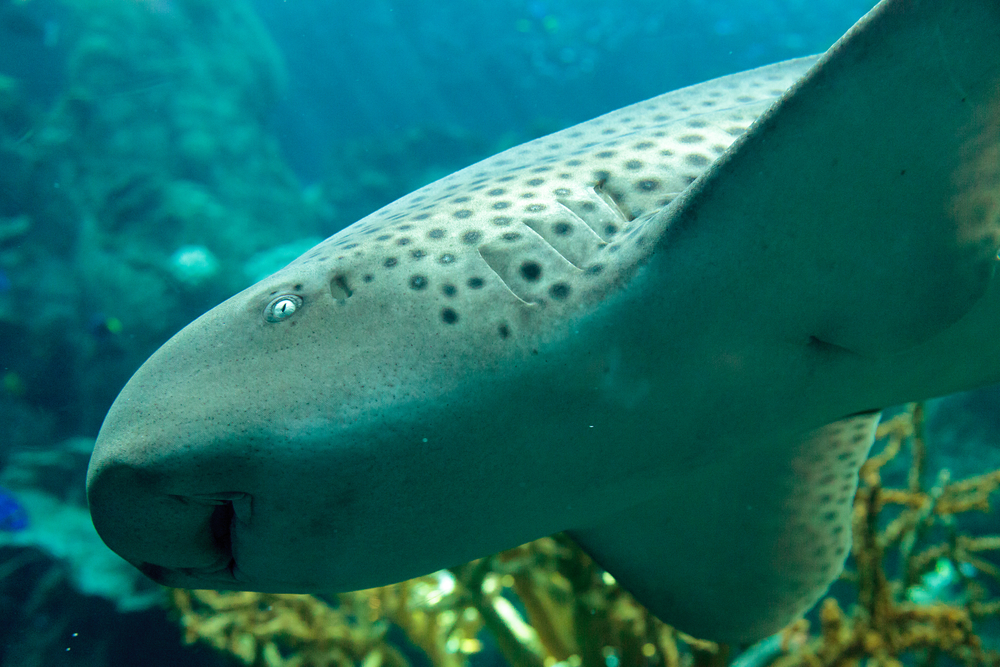

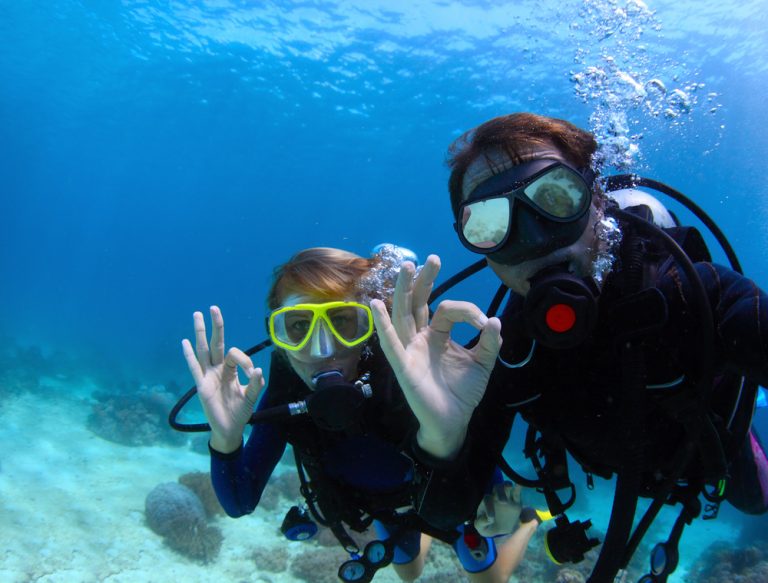
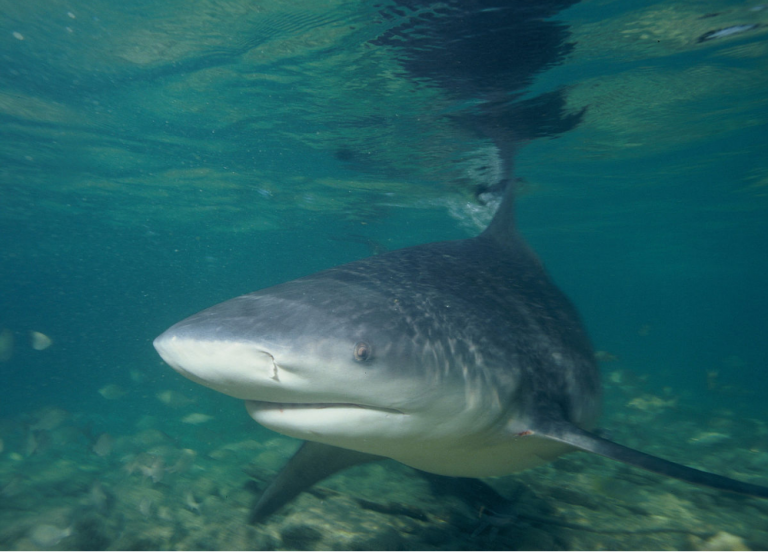

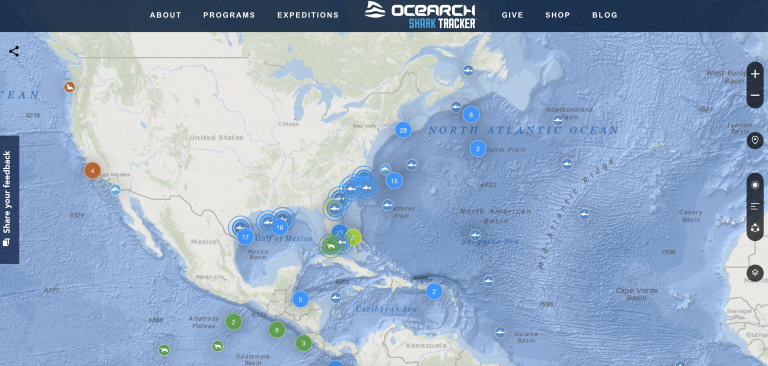
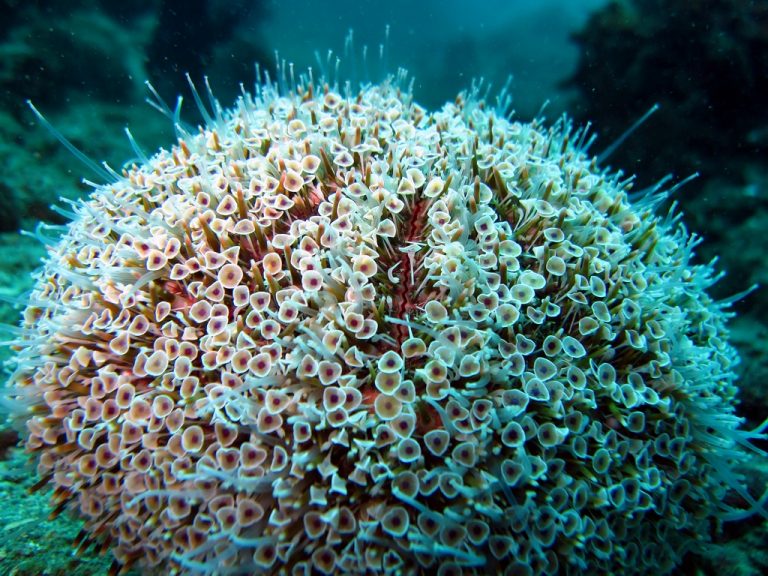
Thank you!!
The more we educate the public the better. Please, also mention the unsustainable finning of 100 million sharks a year and just throwing them back to drown. This needs to stop.